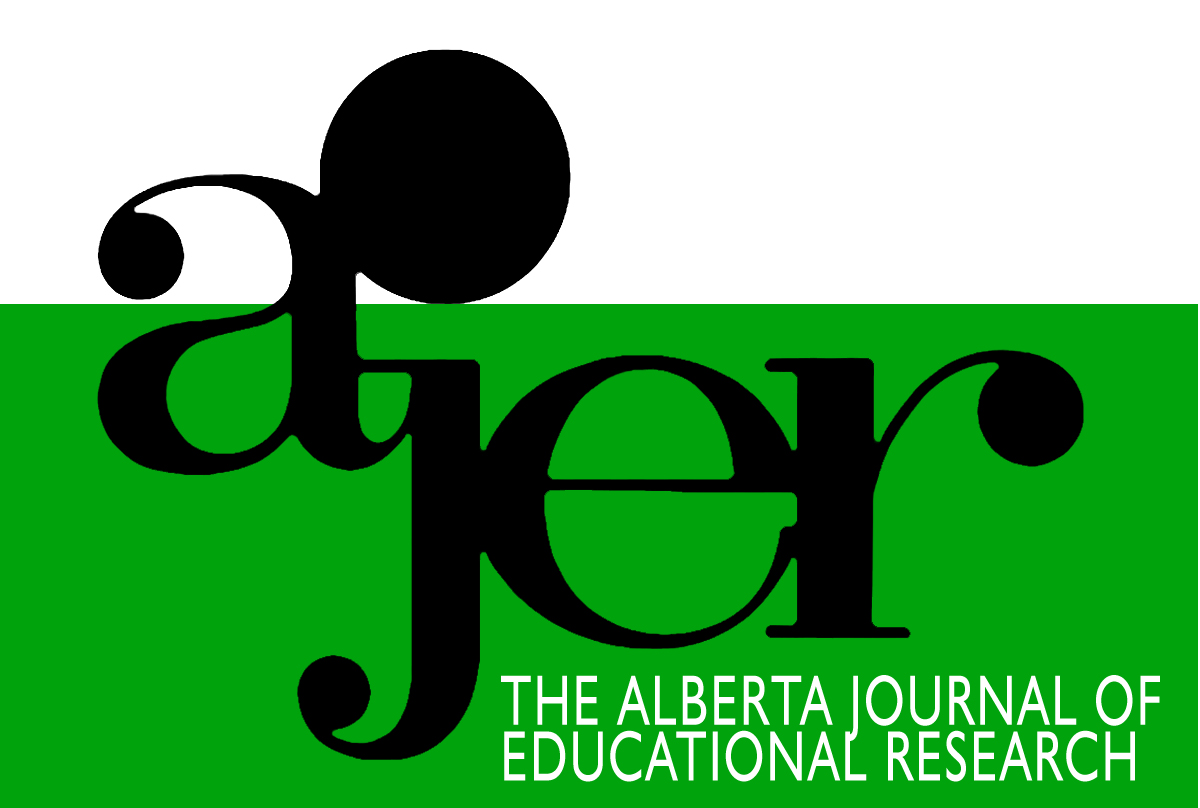Mathematics Performance and Principal Effectiveness: A Case Study of Some Coastal Primary Schools in Sri Lanka
DOI:
https://doi.org/10.55016/ojs/ajer.v58i2.55585Keywords:
School effectiveness, school improvement, urban schools, primary schools, mathematics achievementAbstract
This mixed method research study is situated in the school effectiveness research paradigm to examine the correlation between the effectiveness of urban, primary school principals and their students’ performance in mathematics. Nine, urban, primary schools from Negombo, a coastal fishing area in Sri Lanka, were selected; their student achievements in mathematics were documented in a longitudinal study from 1998 to 2002. At the end of 2002, principals in these schools were interviewed to obtain evidence of their effectiveness in six areas: (a) school vision, (b) decision-making process, (c) curriculum process, (d) staff development, (e) community relations, and (f) managing changes and challenges. The results indicate a measurable correlation between school performance and principal effectiveness. However, these results should be cautiously interpreted since there are other contextual factors that affect the functioning of these schools. The results also illustrate some challenges faced by principals in their day-to-day activities in coastal, primary schools in Sri Lanka.Cette recherche à méthodes mixtes se situe dans le paradigme de recherche sur l'efficacité scolaire pour examiner la corrélation entre l'efficacité des directeurs d'écoles primaires en milieu urbain et le rendement de leurs élèves en mathématiques. On a choisi neuf écoles primaires en milieu urbain à Negombo, une région du Sri Lanka où se pratique la pêche côtière et où le rendement des élèves en mathématiques avait été documenté dans une étude longitudinale de 1998 à 2002. À la fin 2002, on a passé en entrevue les directeurs de ces écoles pour obtenir des données sur leur efficacité dans six domaines: (a) la vision de l'école, (b) le processus décisionnel, (c) le processus impliquant le programme d'études, (d) le perfectionnement du personnel, (e) les relations avec la communauté et (f) la gestion des changements et des défis. Les résultats indiquent qu'il existe une corrélation mesurable entre le rendement scolaire et l'efficacité du directeur. Toutefois, il faudrait interpréter les résultats avec prudence compte tenu des autres facteurs contextuels qui affectent le fonctionnement de ces écoles. Les résultats illustrent également quelques uns des défis auxquels font face les directeurs au cours de leurs activités quotidiennes dans les écoles primaires de la côte du Sri Lanka.
Downloads
Issue
Section
License
UNIVERSITY OF ALBERTA COPYRIGHT LICENSE AND PUBLICATION AGREEMENT
If accepted, authors will be asked to sign a copyright agreement with the following points:
A. Where there is any inconsistency between this Copyright License and Publication Agreement and any other document or agreement in relation to the same subject matter, the terms of this Agreement shall govern.
B. This document sets out the rights you are granting in relation to publication of your article, book review, or research note entitled (the “Article”) through inclusion in the academic journal titled Alberta Journal of Educational Research (the “Journal”) published through the Faculty of Education, representing the Governors of the University of Alberta (the “Journal Editor”).
C. There will be no payment to you for this publication and grant of rights. In consideration of the agreement to publish the Article in the Journal:
1. You are warranting that:
- the content of the Article is your original work, and its content does not contain any material infringing the copyright of others; or, where the Article is not entirely your original work, you have obtained all necessary permissions in writing to grant the rights you are giving in this agreement;
- the content of the Article does not contain any material that is defamatory of, or violates the privacy rights of, or discloses the confidential information of, any other person;
- the Article has not been published elsewhere in whole or in part, and you will not allow publication of the Article elsewhere without the consent of the Journal Editor;
- the names of all co-authors and contributors to the Article are:
2. You agree to license the copyright in the Article to the Journal Editor, on a worldwide, perpetual, royalty free basis; and to the extent required by the terms of this agreement. You shall retain the right at all times to be acknowledged as the/an author of the Article.
3. You further agree that the Journal Editor has the entitlement to deal with the Article as the Journal Editor sees fit, and including in the following manner;
- The right to print, publish, market, communicate and distribute the Article and the Journal, in this and any subsequent editions, in all media (including electronic media), in all languages, and in all territories, ing the full term of copyright, and including any form of the Article separated from the Journal, such as in a database, abstract, offprint, translation or otherwise, and to authorize third parties to do so;
- The right to register copyright of the Journal;
- The right to edit the Article, to conform to editorial policy as the Journal Editor sees fit.
4. If any co-author or contributor to the Article does not sign this agreement, the Journal Editor reserves the right to refuse to publish the Article.



